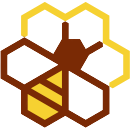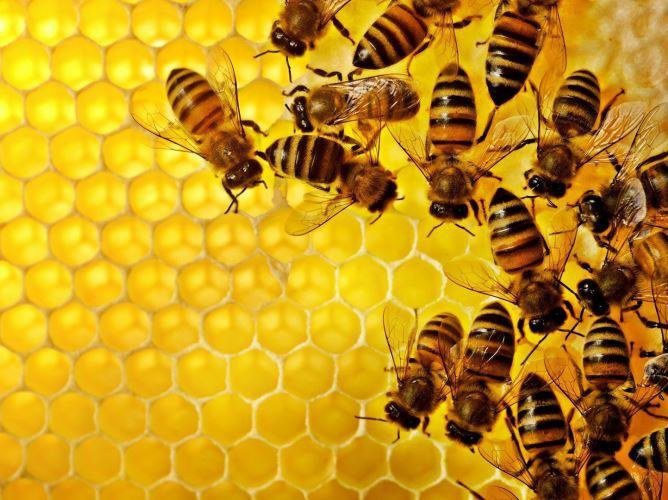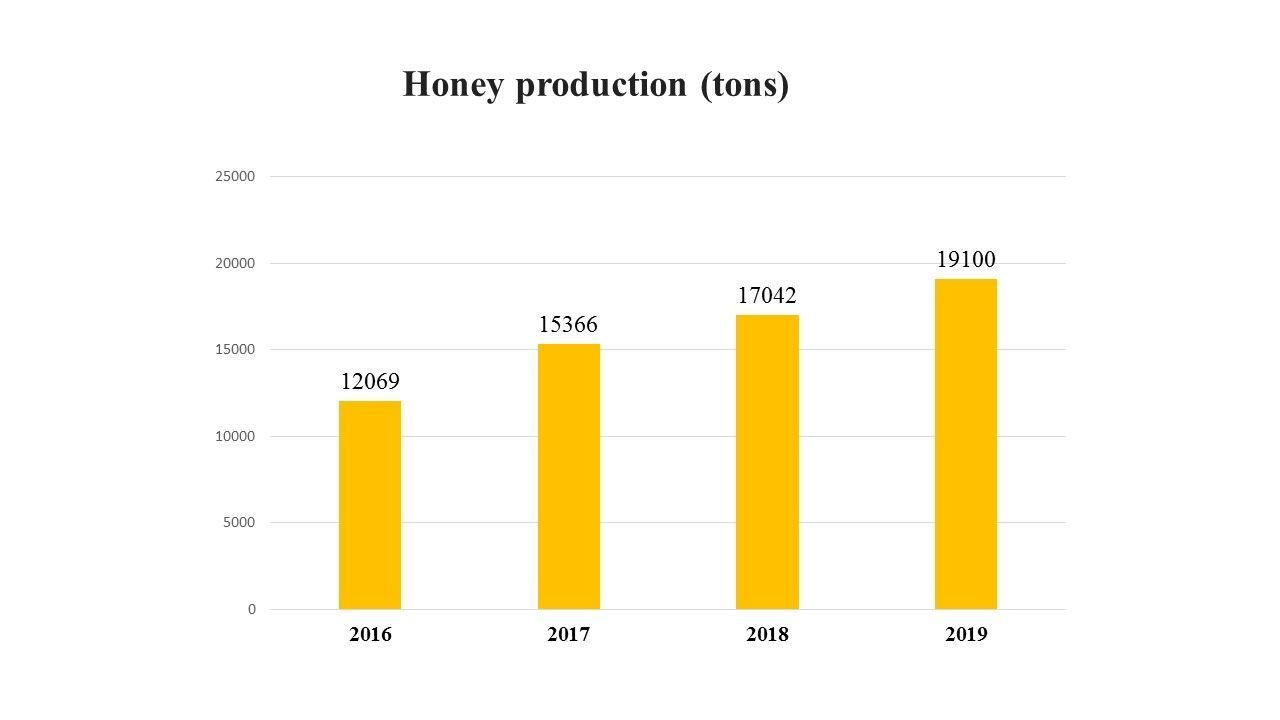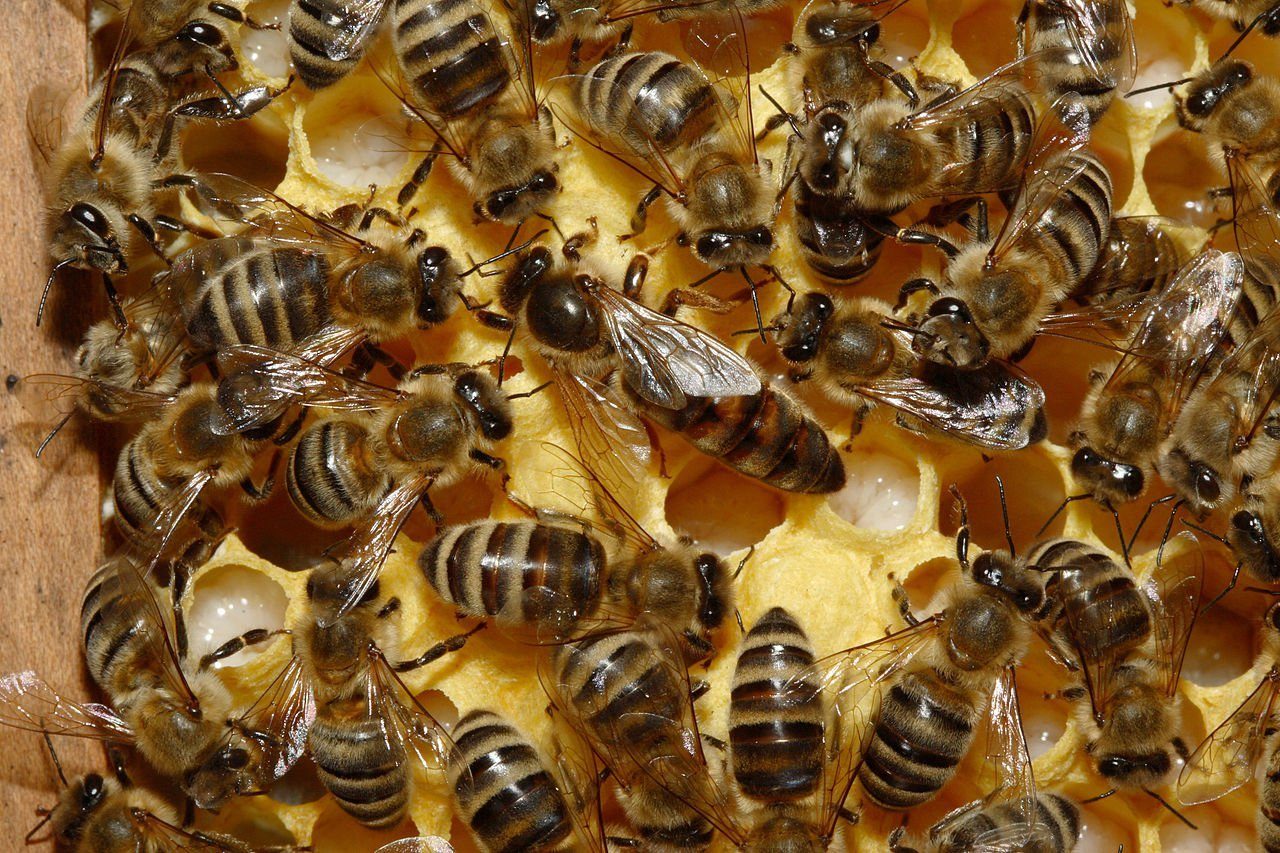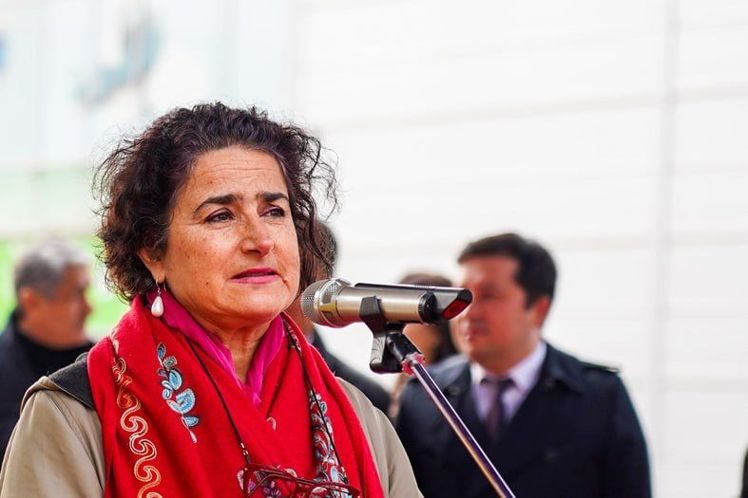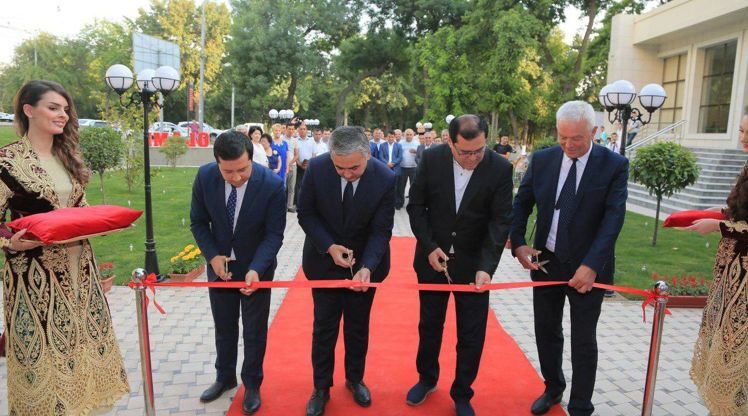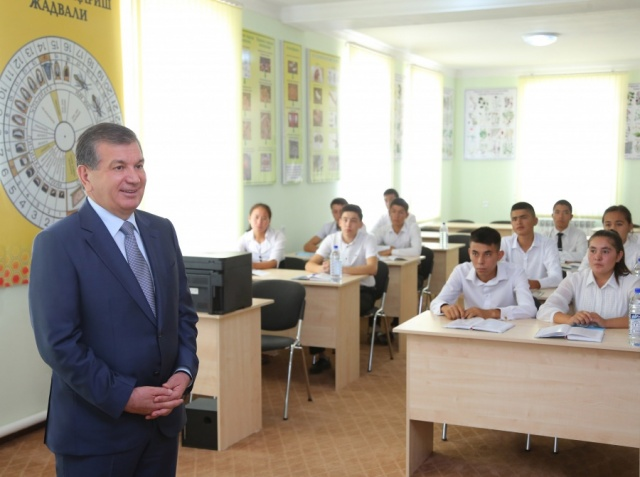 FAO promotes digital solutions for sustainable apiculture in Central Asia and beyond 18.05.2023 22:07
FAO promotes digital solutions for sustainable apiculture in Central Asia and beyond 18.05.2023 22:07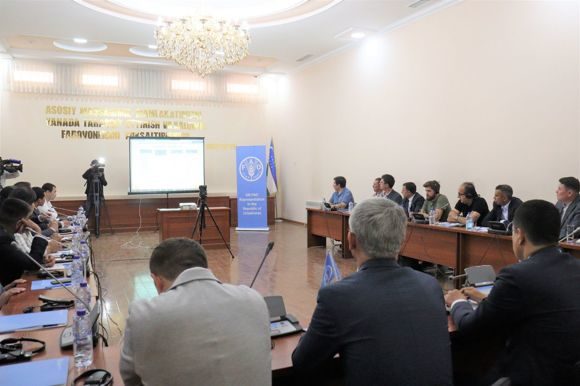
On the occasion of World Bee Day, the Food and Agriculture Organization of the United Nations (FAO) Subregional Office for Central Asia convened stakeholders from Central Asia, Azerbaijan, and Turkey in Tashkent to take stock of the current situation of digital solutions in apiculture and to discuss a way forward. The workshop “Digital solutions in apiculture: practices and experiences in Central Asia and beyond” was held in a hybrid format and brought together representatives from relevant ministries and departments, public and private sectors, academia and research organizations, donors, NGOs, civil society, social movements, and community-based organizations, inter-governmental and multi-lateral institutions in the Association of Uzbekistan Beekeepers.
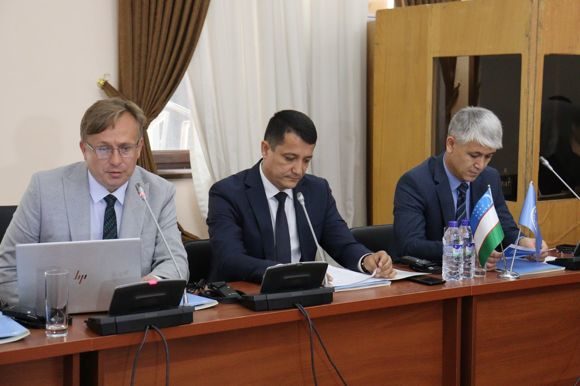
Digital technologies have recently started to transform apiculture and provide enormous benefits and opportunities to beekeepers who adopt them. Today, however, most digital tools are still being tested for usability, and many are tailored for specific geographic areas. Furthermore, even though Central Asia is now increasingly well-covered by mobile and internet services, the potential of digital tools is not fully exploited by beekeepers and other stakeholders such as agronomists, foresters, and others because of insufficient awareness of the potential benefits. FAO is at the cutting edge of promoting the application of innovations in apiculture, one important example of which is the apicultural geospatial information exchange system developed and being promoted in Uzbekistan with planned facilitation of the implementation of similar tools in other countries.
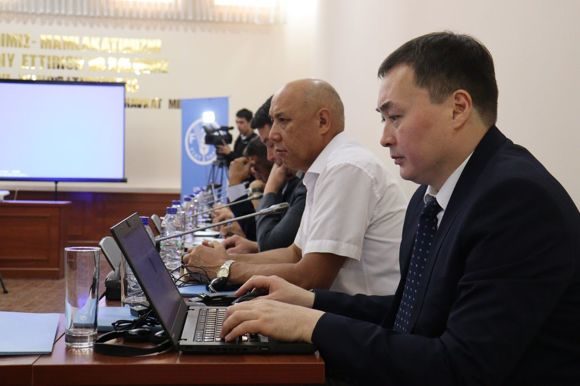
The Information Exchange System for Beekeepers was developed within the framework of the FAO project “Support to sustainable apiculture development” which was implemented in Uzbekistan in 2019–2021. This is a mobile app that provides users with all necessary educational and statistical information on apiculture in online mode. For example, the app can serve as a guideline for a better arrangement of the bee farms by showing the location of other bee colonies on a special map. Another advantage is that the app provides early pesticide warnings in order to prevent honey bee losses.
A wide range of speakers showcased existing IT innovations applicable to beekeeping in Central Asia and worldwide, discussed their usefulness and applicability in the region, and identified accelerators and inhibitors of wider adoption.
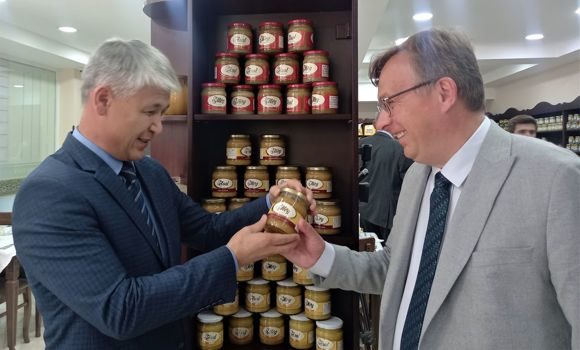
The event highlighted the fundamental role of bees and other pollinators in ensuring the health of ecosystems and food security as well as maintaining biodiversity. Under the theme “Bee engaged in pollinator-friendly agricultural production,”, World Bee Day 2023 calls for global actions to support pollinator-friendly agricultural production and highlights the importance of protecting bees and other pollinators, particularly through evidence-based agricultural production practices.
